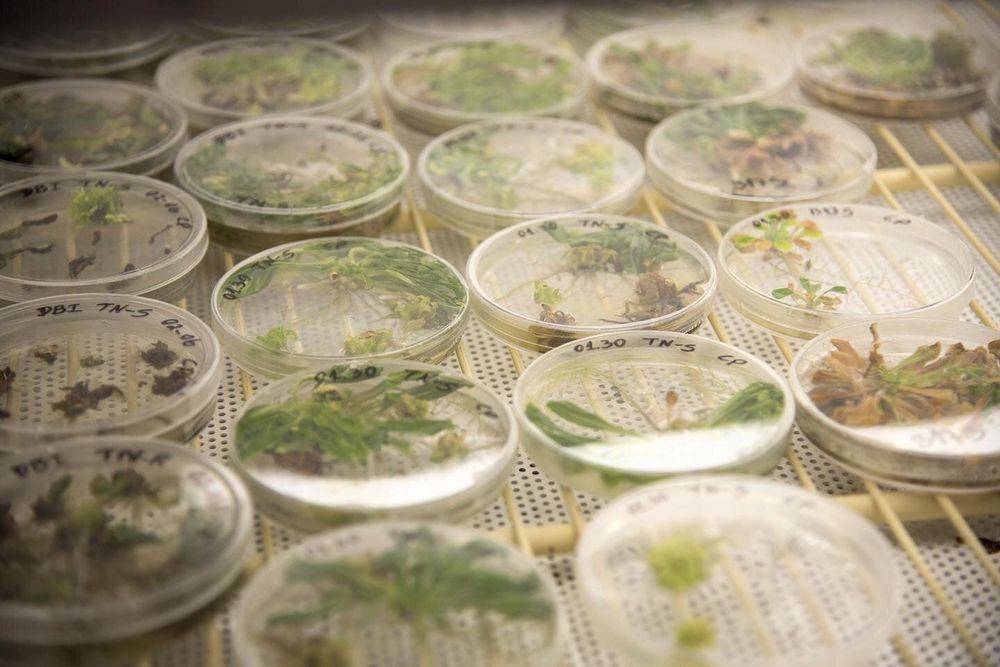Oct 20, 2019
Tennessee researchers join call for responsible development of synthetic biology
Posted by Klaus Baldauf in categories: bioengineering, biotech/medical, food, genetics, policy
Engineering biology is already transforming technology and science, and a consortium of researchers across many disciplines in the international Genome Project-write is calling for more discussion among scientists, policy makers and the general public to shepherd future development. In a policy forum article published in the October 18 issue of Science, the authors outline the technological advances needed to secure the transformative future of synthetic biology and express their concerns that the implementation of the relatively new discipline remains safe and responsible.
Two researchers with the University of Tennessee Institute of Agriculture are co-authors on the piece titled “Technological challenges and milestones for writing genomes: synthetic genomics requires improved technologies.” Neal Stewart and Scott Lenaghan with the UTIA departments of Plant Sciences and Food Science, respectively, join Nili Ostrov, a Ph.D. research fellow in genetics at Harvard Medical School, and 18 other leading scientists from a number of institutions and disciplines, in outlining a potential timeline for the development of what they call transformative advances to science and society.
Stewart and Lenaghan are the co-directors of the UT Center for Agricultural Synthetic Biology (CASB). Formed in 2018, Stewart says CASB is the first synthetic biology center in the world aimed specifically at improved agriculture. A professor of plant sciences in the UT Herbert College of Agriculture, Stewart also holds the endowed Racheff Chair of Excellence in Plant Molecular Genetics. Lenaghan is an assistant professor in the Department of Food Science who also holds an adjunct position in the UT Mechanical, Aerospace, and Biomedical Engineering (MABE) Department.
